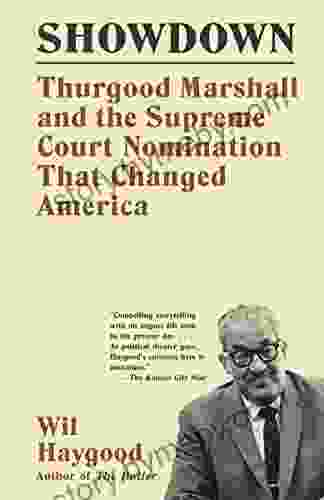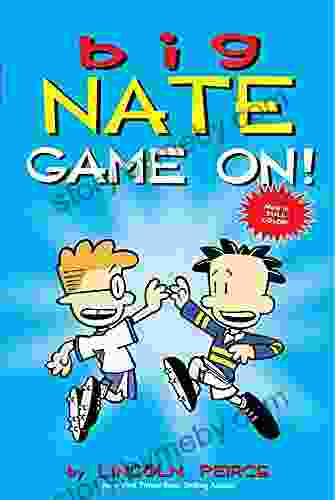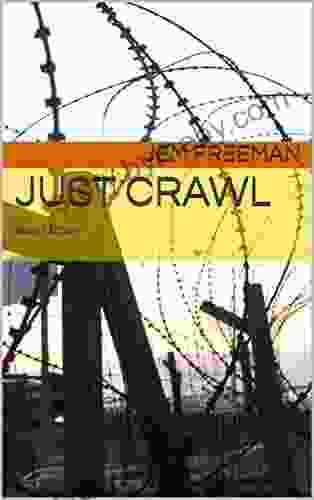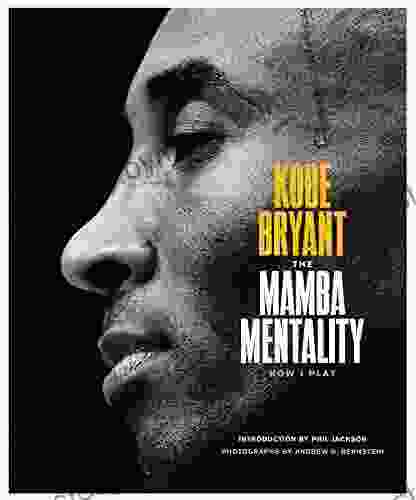Thurgood Marshall and the Supreme Court Nomination That Changed America

4.7 out of 5
| Language | : | English |
| File size | : | 17261 KB |
| Text-to-Speech | : | Enabled |
| Screen Reader | : | Supported |
| Enhanced typesetting | : | Enabled |
| X-Ray | : | Enabled |
| Word Wise | : | Enabled |
| Print length | : | 418 pages |
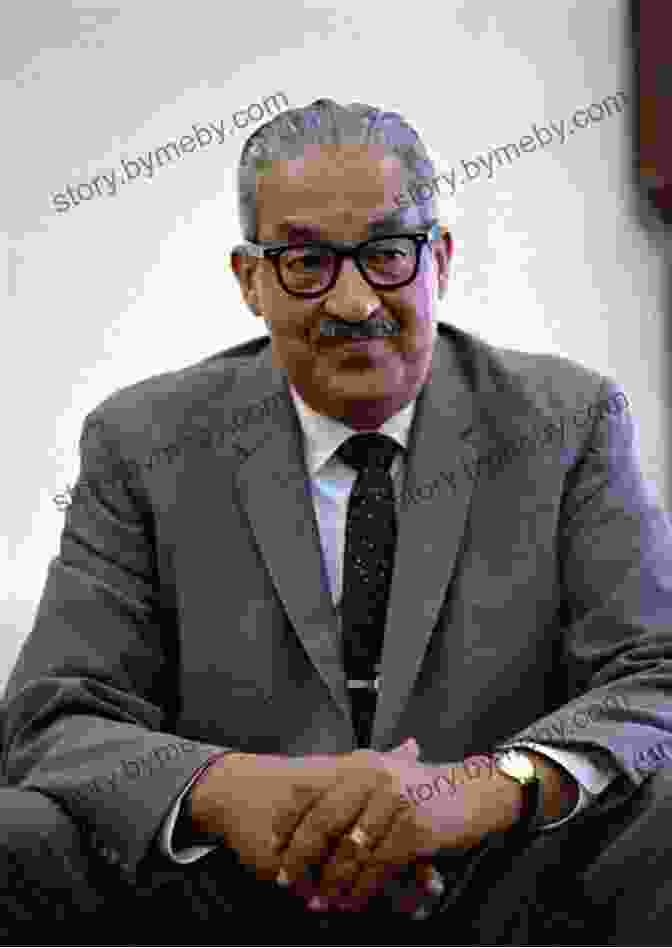
Thurgood Marshall was born in Baltimore, Maryland, in 1908. He grew up in a poor family, but he was a brilliant student and went on to attend Howard University Law School. After graduating from law school, Marshall worked for the National Association for the Advancement of Colored People (NAACP) as a lawyer. He quickly became one of the NAACP's most successful lawyers, and he argued and won several landmark cases before the Supreme Court.
In 1967, President Lyndon B. Johnson nominated Marshall to the Supreme Court. Marshall's nomination was controversial, and he faced opposition from some members of the Senate. However, he was eventually confirmed by a vote of 69-11. Marshall served on the Supreme Court for 24 years, and he wrote some of the most important decisions in the Court's history.
Marshall was a strong advocate for civil rights. He wrote the majority opinion in the landmark case of Brown v. Board of Education, which outlawed segregation in public schools. He also wrote the majority opinion in the case of Loving v. Virginia, which struck down laws against interracial marriage.
Marshall's Supreme Court nomination was a major milestone in the civil rights movement. It showed that African Americans could achieve the highest levels of success in American society. Marshall's legacy is one of fighting for justice and equality for all Americans.
Marshall's Early Life and Education
Thurgood Marshall was born on July 2, 1908, in Baltimore, Maryland. He was the son of William Marshall, a shipyard worker, and Norma Fay Marshall, a schoolteacher. Marshall grew up in a poor family, but he was a brilliant student. He attended Frederick Douglass High School, where he excelled in his studies.
After graduating from high school, Marshall attended Lincoln University in Pennsylvania. He was the first member of his family to attend college. Marshall graduated from Lincoln University in 1930 with a degree in economics.
After graduating from college, Marshall attended Howard University Law School. He graduated from law school in 1933 with honors.
Marshall's Career with the NAACP
After graduating from law school, Marshall worked for the National Association for the Advancement of Colored People (NAACP) as a lawyer. He quickly became one of the NAACP's most successful lawyers, and he argued and won several landmark cases before the Supreme Court.
One of Marshall's most important cases was Brown v. Board of Education. In this case, Marshall argued that segregation in public schools was unconstitutional. The Supreme Court agreed with Marshall, and in 1954, it ruled that segregation in public schools was unconstitutional. This decision was a major victory for the civil rights movement.
Marshall also argued and won several other important cases before the Supreme Court. In the case of Loving v. Virginia, Marshall argued that laws against interracial marriage were unconstitutional. The Supreme Court agreed with Marshall, and in 1967, it struck down laws against interracial marriage.
Marshall's work with the NAACP helped to change the face of America. He was a strong advocate for civil rights, and he helped to make America a more just and equal society.
Marshall's Supreme Court Nomination
In 1967, President Lyndon B. Johnson nominated Marshall to the Supreme Court. Marshall's nomination was controversial, and he faced opposition from some members of the Senate. However, he was eventually confirmed by a vote of 69-11.
Marshall's Supreme Court nomination was a major milestone in the civil rights movement. It showed that African Americans could achieve the highest levels of success in American society. Marshall's legacy is one of fighting for justice and equality for all Americans.
Marshall's Supreme Court Career
Marshall served on the Supreme Court for 24 years. He was a strong advocate for civil rights, and he wrote some of the most important decisions in the Court's history.
One of Marshall's most important decisions was the majority opinion in the case of Brown v. Board of Education. In this case, Marshall wrote that segregation in public schools was unconstitutional. This decision was a major victory for the civil rights movement.
Marshall also wrote the majority opinion in the case of Loving v. Virginia. In this case, Marshall wrote that laws against interracial marriage were unconstitutional. This decision was a major victory for the civil rights movement.
Marshall's Supreme Court career was one of fighting for justice and equality for all Americans. He was a strong advocate for civil rights, and he helped to make America a more just and equal society.
Marshall's Legacy
Marshall's legacy is one of fighting for justice and equality for all Americans. He was a strong advocate for civil rights, and he helped to change the face of America. Marshall's Supreme Court nomination was a major milestone in the civil rights movement, and his Supreme Court career was one of fighting for justice and equality.
Marshall's legacy continues to inspire people today. He is a role model for all Americans, and he shows that anything is possible if you work hard and never give up.
4.7 out of 5
| Language | : | English |
| File size | : | 17261 KB |
| Text-to-Speech | : | Enabled |
| Screen Reader | : | Supported |
| Enhanced typesetting | : | Enabled |
| X-Ray | : | Enabled |
| Word Wise | : | Enabled |
| Print length | : | 418 pages |
Do you want to contribute by writing guest posts on this blog?
Please contact us and send us a resume of previous articles that you have written.
 Book
Book Novel
Novel Page
Page Chapter
Chapter Text
Text Story
Story Genre
Genre Reader
Reader Library
Library Paperback
Paperback E-book
E-book Magazine
Magazine Newspaper
Newspaper Paragraph
Paragraph Sentence
Sentence Bookmark
Bookmark Shelf
Shelf Glossary
Glossary Bibliography
Bibliography Foreword
Foreword Preface
Preface Synopsis
Synopsis Annotation
Annotation Footnote
Footnote Manuscript
Manuscript Scroll
Scroll Codex
Codex Tome
Tome Bestseller
Bestseller Classics
Classics Library card
Library card Narrative
Narrative Biography
Biography Autobiography
Autobiography Memoir
Memoir Reference
Reference Encyclopedia
Encyclopedia Michael Lopp
Michael Lopp Lucille Clifton
Lucille Clifton Lawrence F Lihosit
Lawrence F Lihosit Manzur Rashid
Manzur Rashid Lewis Van Winkle
Lewis Van Winkle Lindsay Powers
Lindsay Powers Tamara Rhoades Baldwin
Tamara Rhoades Baldwin Lee Smolin
Lee Smolin Langston Jakes
Langston Jakes Max Gorman
Max Gorman Lawrence Durrell
Lawrence Durrell Praying Medic
Praying Medic Stephanie Casemore
Stephanie Casemore Linda Davies
Linda Davies Lenka Peterson
Lenka Peterson L Madison
L Madison Kit Sun Cheah
Kit Sun Cheah Laura A Macaluso
Laura A Macaluso L Loren
L Loren Lorna Stuber
Lorna Stuber
Light bulbAdvertise smarter! Our strategic ad space ensures maximum exposure. Reserve your spot today!

 Jackson BlairRecce Small Team Missions Behind Enemy Lines: Uncovering the Thrilling Saga...
Jackson BlairRecce Small Team Missions Behind Enemy Lines: Uncovering the Thrilling Saga... Nathaniel PowellFollow ·17.9k
Nathaniel PowellFollow ·17.9k Walter SimmonsFollow ·13.8k
Walter SimmonsFollow ·13.8k Ezekiel CoxFollow ·10.6k
Ezekiel CoxFollow ·10.6k Sam CarterFollow ·4.4k
Sam CarterFollow ·4.4k Theo CoxFollow ·5.5k
Theo CoxFollow ·5.5k Jim CoxFollow ·8.4k
Jim CoxFollow ·8.4k Finn CoxFollow ·3.1k
Finn CoxFollow ·3.1k Morris CarterFollow ·16.2k
Morris CarterFollow ·16.2k
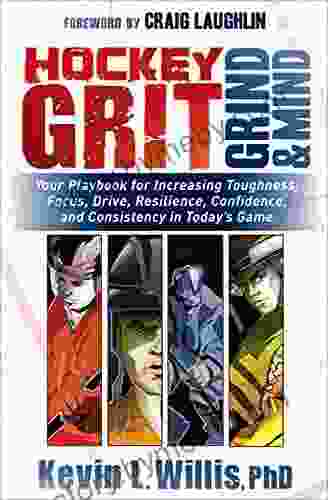
 Forrest Reed
Forrest ReedHockey Grit, Grind, Mind: The Ultimate Guide to Mental...
Hockey is a tough...

 Juan Rulfo
Juan RulfoUnlock Your Inner Artist: Embark on a Sketching Journey...
Embrace the Beauty of Nature Through Quick...

 Nathaniel Hawthorne
Nathaniel HawthorneSo You Think You're a Philadelphia Phillies Fan?
The Philadelphia Phillies are one of the most...
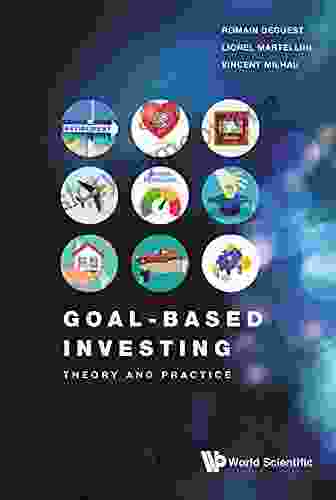
 Jeff Foster
Jeff FosterGoal-Based Investing: A Comprehensive Guide to Achieving...
Investing is not...

 Aleksandr Pushkin
Aleksandr PushkinGNOMEDOM: The Future Unfolds (Gnomedom Tales 1)
Escape into the enchanting world of Gnomedom...

 Branden Simmons
Branden SimmonsInternal Factors And Training Concepts For All Internal...
Internal arts, such as Tai...
4.7 out of 5
| Language | : | English |
| File size | : | 17261 KB |
| Text-to-Speech | : | Enabled |
| Screen Reader | : | Supported |
| Enhanced typesetting | : | Enabled |
| X-Ray | : | Enabled |
| Word Wise | : | Enabled |
| Print length | : | 418 pages |


